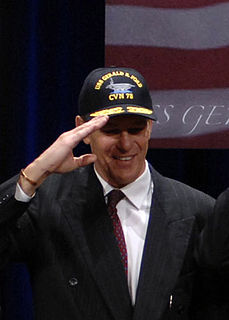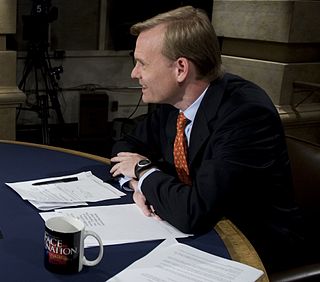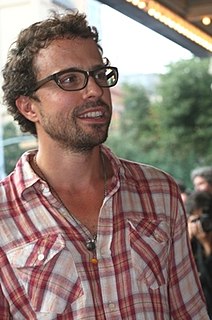A Quote by Burgess Owens
Dubois, later in his life, would join the Communist party and renounce his American citizenship. His 'integration at all costs' message would, decades later, continue to influence the community's self-perception.
Related Quotes
Years later Magnus would return to London and Camille Belcourt's side, and find it not all that he had dreamed. Years later another desperate Herondale boy with blue, blue eyes would come to his door, shaking with the cold of the rain and his own wretchedness, and this one Magnus would be able to help.
The life of Christ was a life charged with a divine message of the love of God, and He longed intensely to impart this love to others in rich measure. Compassion beamed from His countenance, and His conduct was characterized by grace, humility, truth, and love. Every member of His church militant must manifest the same qualities, if he would join the church triumphant.
If he [the Artist] were to take up the pen it would be...to better express his individuality and explain it to others; or else to put his internal affairs in order...to deepen and sharpen his relationship with his fellow men because other souls exert an immense and creative influence on our soul; or to try to fight for a world as he would like it to be, for a world that is indispensable to his life.
Jack Kerouac seems to have been preoccupied with the question of duality from a very young age. He seemed to feel that there was more than one person inside him. Indeed he would veer from friendly, open and so on to someone who was angry. In a way, there was a swing also between his American self and what he later called his Franco-American older brother. There was a swing between the deeply introverted part of himself and the person he became out in the world, having to act in an extroverted way.
Yeats regarded his work as the close of an epoch, and the least of his later lyrics brings the sense of a great occasion. English critics have tried to claim him for their tradition, but, heard closely, his later music has that tremulous lyrical undertone which can be found in the Anglo-Irish eloquence of the eighteenth century.
When a man sought knowledge, it would not be long before it could be seen in his humbleness, his sight, upon his tongue and his hands, in his prayer, in his speech and in his disinterest (zuhd) in worldly allurements. And a man would acquire a portion of knowledge and put it into practice, and it would be better for him than the world and all it contains - if he owned it he would give it in exchange for the hereafter.






































